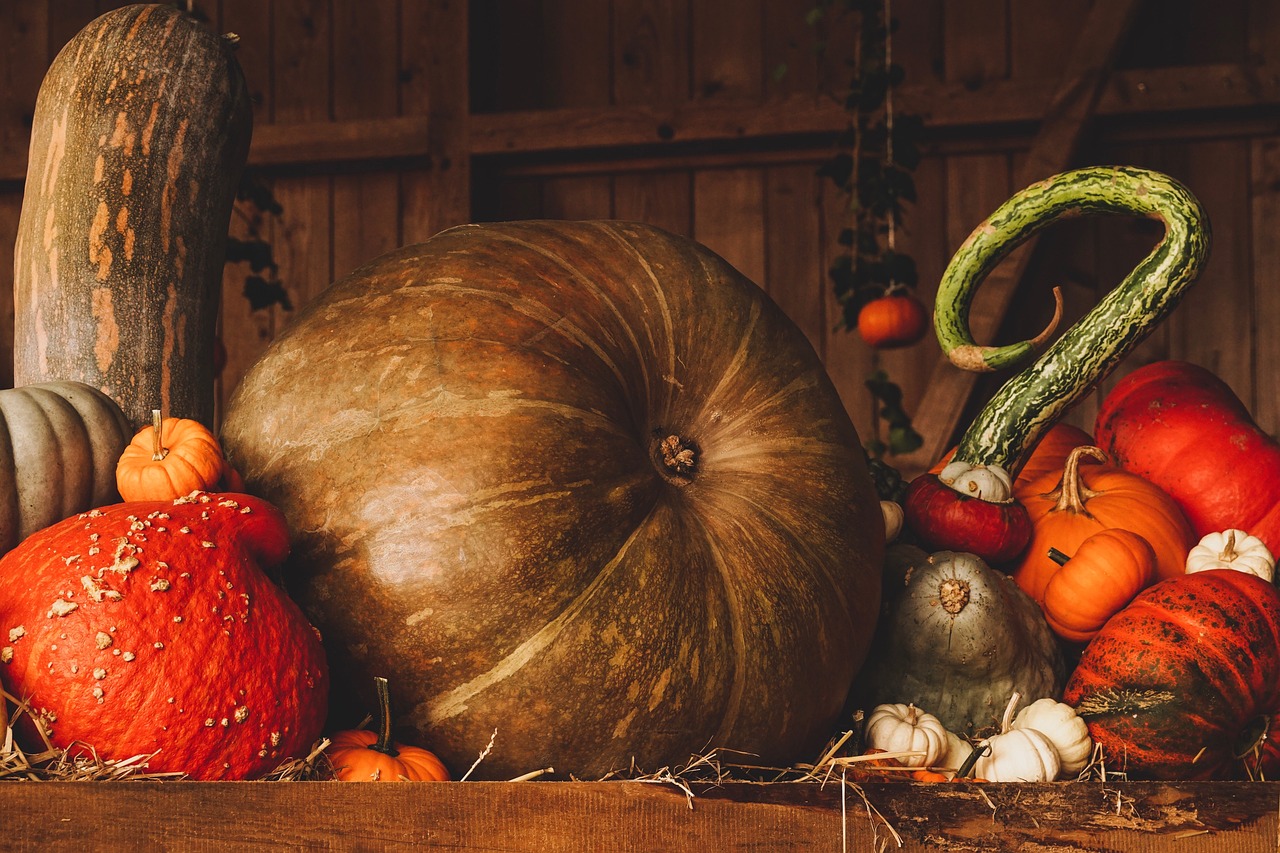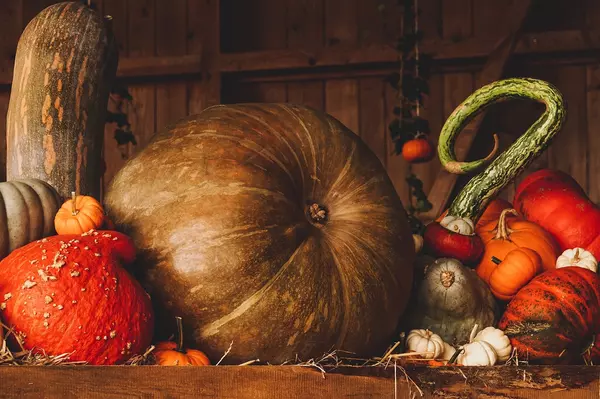Fall is better to Plant!
As the vibrant hues of summer fade into the rich, warm tones of autumn, many homeowners begin to think about preparing their gardens for the colder months ahead. While it may seem counterintuitive to plant during this time, fall is actually one of the best seasons for planting. This blog explores why autumn is the ideal time for planting, particularly from a lifestyle perspective, and how it has been valued since ancient times.
Embracing the Lifestyle Shift
With the arrival of fall, we often find ourselves drawn outdoors to enjoy the crisp air and stunning foliage. This season invites us to slow down and appreciate nature's beauty. For many, gardening is not just a hobby but a way of life that fosters relaxation and mindfulness. As temperatures cool and days shorten, spending time in your garden can become a peaceful retreat—a perfect way to unwind after a long day.
Planting in the fall allows you to engage in this restorative activity while also preparing your outdoor space for spring's revival. The soothing rhythm of digging, planting, and nurturing new life can be incredibly fulfilling. It offers an opportunity to connect with nature and participate in a cycle that has been revered since ancient times.
Why Fall Is Ideal for Planting
1. **Conservation of Water**: One of the most significant advantages of planting in fall is the conservation of water. During autumn, cooler temperatures and increased rainfall create an optimal environment for young plants to establish their roots without excessive watering. This means less stress on your water supply—an essential consideration as we become more aware of environmental sustainability.
2. **A Head Start for Spring**: When you plant in fall, you give your plants a crucial head start for spring growth. The roots have time to establish themselves before winter sets in, allowing them to absorb nutrients from the soil effectively. As soon as spring arrives, these plants will be ready to burst forth with new growth, giving you a lush garden sooner than if you had planted in spring itself.
3. **Ancient Wisdom**: Historically, many cultures understood the benefits of planting in fall. Ancient agrarians recognized that certain crops thrived when planted during this season, taking advantage of natural cycles. For example, many civilizations would plant grains or root vegetables in preparation for winter harvests. Their wisdom serves as a reminder that nature has its rhythms; by aligning our gardening practices with these cycles, we can cultivate more successful gardens.
4. **Less Competition**: Another advantage of fall planting is that there’s typically less competition from weeds and pests compared to springtime. With fewer distractions vying for resources like sunlight and nutrients, your newly planted seeds or transplants have a better chance of thriving without undue stress.
5. **Beautiful Fall Foliage**: Imagine strolling through your garden adorned with colorful leaves while knowing you've taken steps toward a beautiful landscape come springtime. Fall planting allows you not only to enjoy the season's beauty but also enhances your property’s aesthetic appeal throughout winter as well.
6. **Planning Ahead**: Fall is also an excellent time for planning future landscaping projects or garden expansions. You can take advantage of quieter moments during this season to sketch out designs and think about what plants will thrive in your specific environment come spring.
Tips for Successful Fall Planting
If you're convinced that fall is the right time for you to plant, here are some tips:
- **Choose Hardy Plants**: Opt for plant s that are known to thrive when planted in cooler weather—think perennials like asters or ornamental grasses.
s that are known to thrive when planted in cooler weather—think perennials like asters or ornamental grasses.
- **Prepare Your Soil**: Take time to amend your soil with organic matter such as compost or aged manure; this will improve drainage and provide essential nutrients.
- **Water Wisely**: While rainfall may be more abundant during fall months, don’t forget that newly planted specimens still require consistent moisture until they establish roots.
- **Mulch**: Adding mulch around your plants can help retain moisture and protect against temperature fluctuations.
In conclusion, embracing fall as a prime season for planting aligns beautifully with our desire for a sustainable lifestyle while connecting us with age-old traditions rooted deeply in nature’s cycles. So grab those gardening gloves and dig into this rewarding seasonal ritual! Your future self—and your garden—will thank you come springtime when vibrant blooms greet you at every turn!
Categories
Recent Posts











